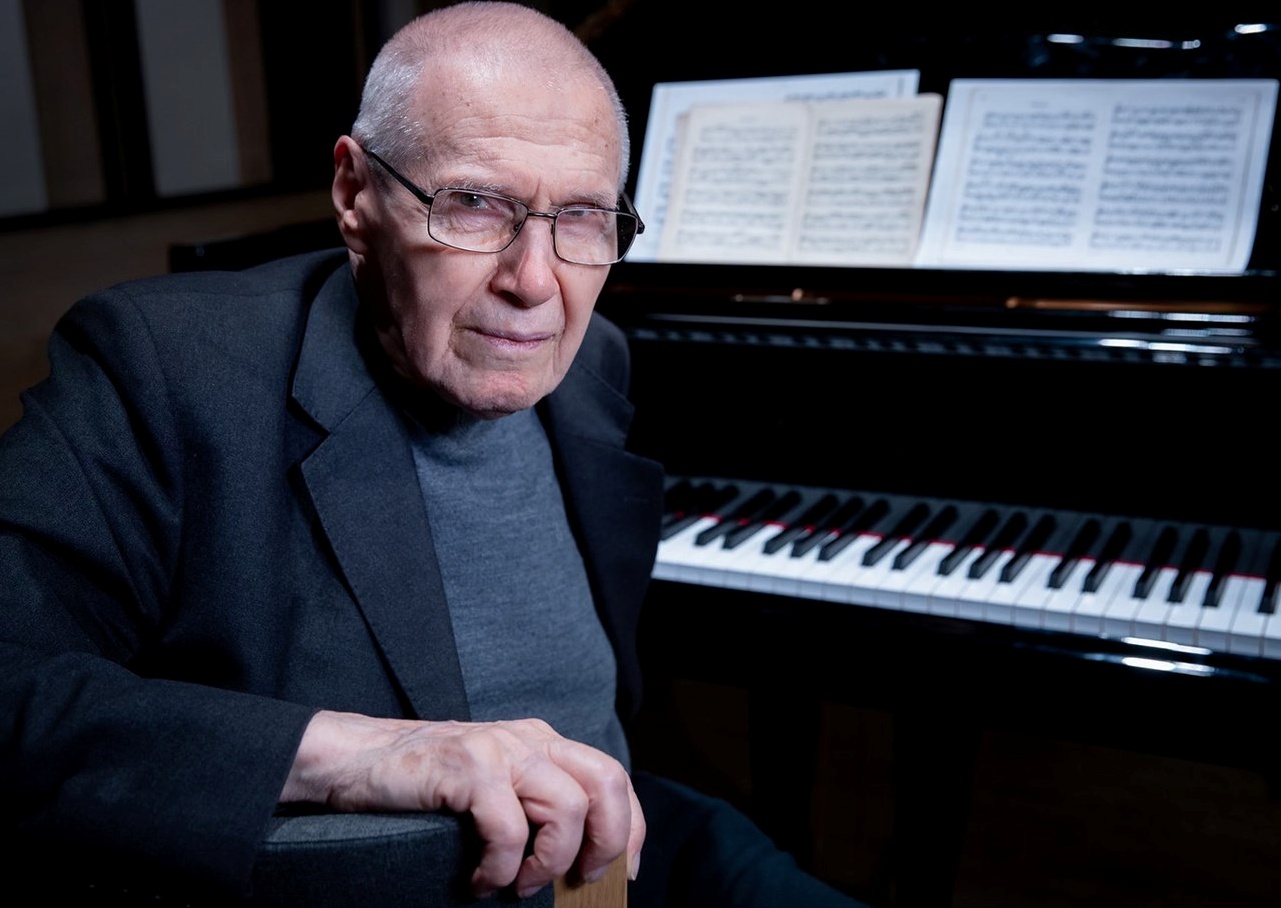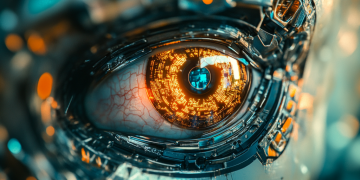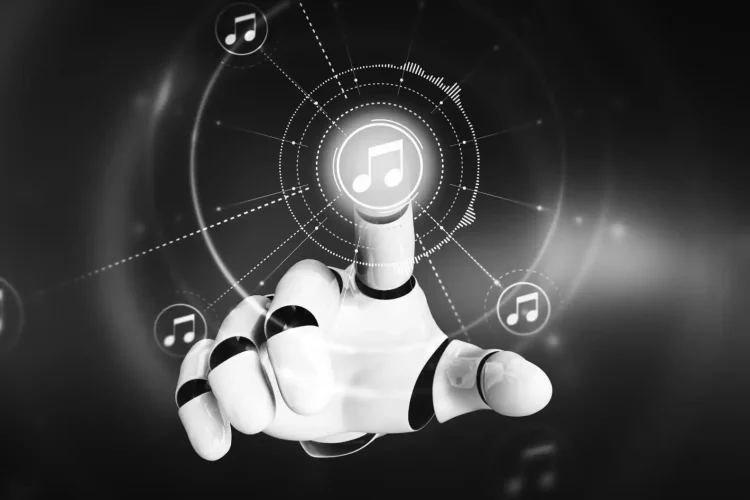Artificial intelligence (AI) has revolutionized a multitude of industries, from healthcare and finance to entertainment and technology. One of the most intriguing and emotionally charged areas where AI is making waves is in the realm of music composition. As AI systems grow more sophisticated, questions arise about whether machines will ever be able to compose music that can rival the emotional depth, subtlety, and creativity of works written by human composers.
In this article, we will delve into the evolving relationship between AI and music, examining the technological advances in AI-driven music composition, the emotional complexity of human-created music, and whether machines can ever truly understand and evoke the deep emotions that resonate with human listeners.
The Rise of AI in Music Composition
AI’s entry into the world of music has been marked by a series of exciting advancements. Early AI systems in music were primarily focused on generating simple melodies or harmonies based on predefined rules. However, with the advent of deep learning, machine learning models can now analyze and generate complex musical structures that reflect a much deeper understanding of composition.
Deep learning algorithms, particularly neural networks, have become adept at processing vast datasets of music to create new compositions. These models “learn” patterns, structures, and styles of different genres, from classical symphonies to contemporary pop. Some well-known AI systems, such as OpenAI’s MuseNet, Google’s Magenta, and Sony’s Flow Machines, can generate music that resembles the style of famous composers or artists.
AI’s ability to compose music is no longer limited to mimicking existing styles. Some systems have demonstrated the ability to combine elements from various genres, creating entirely new musical forms. While these technological feats are impressive, the core question remains: can AI produce music that evokes the same profound emotional responses as a piece composed by a human?
The Emotional Power of Human Composers
Human composers, whether working in classical, jazz, or pop music, have long been able to craft pieces that resonate deeply with listeners. Beethoven’s Ninth Symphony, for example, is a monumental work that conveys joy, triumph, sorrow, and a deep sense of humanity. Similarly, contemporary artists like Radiohead or Adele create music that taps into a wide range of emotions—grief, love, nostalgia, and hope.

But what is it that gives human-composed music its emotional weight? For one, human composers are deeply connected to their own emotions, experiences, and cultural contexts. A composer like Chopin, for instance, was profoundly affected by his personal struggles and the political upheavals of his time, and this lived experience infuses his music with a sense of melancholy and longing. In this way, music is not just a sequence of notes but an emotional narrative shaped by the composer’s individual life.
Music is also a product of human interaction. Composers often draw inspiration from the world around them, including relationships, societal events, and collective histories. These elements are not easily captured by AI, which, although capable of learning from data, lacks the lived experiences and emotional depth that influence human creators.
Can AI Understand and Convey Emotion?
One of the most profound challenges facing AI in music composition is the question of emotional understanding. While AI can process vast amounts of data and generate music that adheres to specific patterns, does it truly “feel” the music it creates? Emotional responses in humans are deeply tied to consciousness, a concept that current AI models lack.
AI’s ability to recognize patterns in data is what allows it to generate music that resembles human compositions, but these patterns are not the result of personal experiences or feelings. Instead, they are statistical inferences based on the music it has been trained on. Thus, AI can imitate the formal structure of emotional music, but it does not experience the emotional turmoil or euphoria that a composer might feel while creating a piece.
Moreover, emotion in music is not just about the melody or harmony; it’s about the nuances—the slight variations in rhythm, dynamics, and articulation that convey emotional depth. These subtle human touches, often arising from the spontaneity of a live performance or the individual idiosyncrasies of a composer, are difficult for AI to replicate. AI-generated music, while impressive in its technical complexity, can sometimes feel sterile or overly precise, lacking the imperfections that give music its emotional resonance.

AI and Human Collaboration: A New Frontier
Despite the limitations of AI in fully capturing human emotion, there is growing interest in the possibility of AI-human collaboration in music composition. In such a scenario, AI could serve as a tool to assist human composers rather than replace them. For example, AI could be used to generate musical ideas, suggest harmonies, or explore new textures and rhythms that a composer might not have considered.
In this way, AI becomes an extension of the composer’s creativity. Rather than being confined to the constraints of their own imagination, composers can use AI to explore new musical territories, pushing the boundaries of what’s possible while still infusing their creations with human emotion and intent.
AI has already been used in this way in various creative industries, including music. For instance, some artists use AI to generate ambient soundscapes, while others use it to experiment with unconventional harmonies or rhythms. This collaborative approach enables human musicians to break free from traditional compositional limitations and embrace a more exploratory and innovative process.
The Role of Context in Emotion
Another key element of emotional music is context. Music is often associated with specific moments, memories, or environments. A piece of music may evoke a deep emotional response not only because of the notes themselves but because of the personal or cultural context in which it is heard. For example, the sound of a national anthem can stir feelings of patriotism, while a love song can resonate with personal experiences of romance or heartbreak.
AI lacks this contextual awareness. While it can generate music that imitates specific genres or composers, it cannot account for the individual experiences and histories that shape how people respond emotionally to music. As such, AI may be able to create technically competent music, but without the ability to tap into shared cultural or personal contexts, it may struggle to achieve the same emotional depth as music composed by humans.
The Future of AI in Music: A Harmonious Relationship?
Despite the challenges, there is no doubt that AI will continue to play an increasingly prominent role in the world of music. As technology evolves, AI is likely to improve in its ability to mimic the emotional aspects of human composition. However, even as AI systems become more sophisticated, it is unlikely that they will ever completely replicate the depth and nuance of human emotion in music.
Instead, the future of AI in music may lie in collaboration, where AI acts as a creative partner rather than a replacement for human composers. AI could assist in the creative process, offering new ideas and possibilities while humans continue to infuse their music with the emotional richness of lived experience.
Moreover, as AI-generated music becomes more common, it may lead to a redefinition of what we consider to be emotionally resonant music. The boundaries of music composition may expand, allowing for new forms of emotional expression that were previously unexplored. In this way, AI may not replace the emotional depth of human composers, but rather augment and expand the emotional landscape of music itself.
Conclusion
In conclusion, while AI is undoubtedly capable of generating impressive and complex musical compositions, it is unlikely that it will ever match the emotional depth and nuance of music created by human composers. Music is not just about the technical elements of sound—it is about the human experience, the emotions, and the cultural contexts that shape our perceptions and responses to music. AI, for all its technical prowess, lacks the consciousness and lived experience that give human-composed music its emotional power.
However, this does not mean that AI has no place in the world of music. In fact, AI may become a valuable tool for human composers, providing new ideas and possibilities for musical creation. The future of AI in music may be one of collaboration, where AI enhances rather than replaces the human element in music composition. Through this partnership, we may witness the evolution of a new era in musical creativity—one where human emotion and AI-driven innovation coexist in harmony.












































Discussion about this post